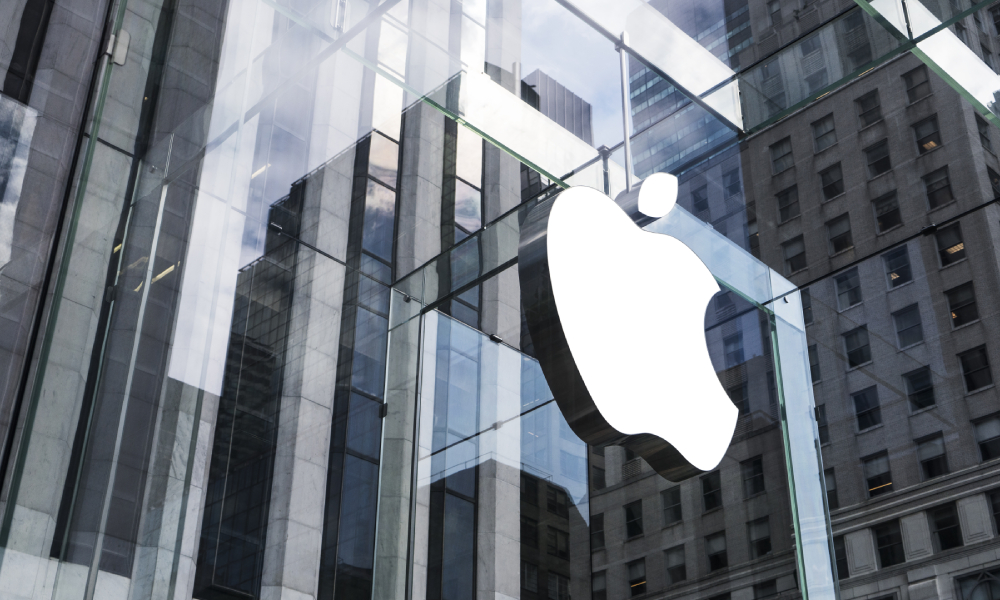
It's another sign that companies are ready to leave the COVID-19 pandemic in the rear view

Apple has lifted its mask mandate at most retail stores across the United States.
The Cupertino, CA-based company informed employees at eligible stores this week and has updated its website to reflect which locations are no longer requiring masks, Bloomberg reported. Although Apple will continue to recommend that customers wear masks (and will provide them upon request), they will no longer be mandatory for entrance in stores in states that have ended mandates, such as Georgia, Kentucky, North Carolina and Ohio.
In most California stores, wearing a mask is optional if you’re fully vaccinated, according to the company website. This is the second time the company has dropped its retail store mask mandate. Citing declining COVID-19 cases, Apple ditched the requirement last November, only to restore it a month later amid the spread of the Omicron variant.
Despite the relaxed rules for customers, Apple retail workers across the country will still be required to wear masks, employees told Bloomberg.
Read more: Major U.S. employers preparing to head back to the office
Earlier this month, the tech giant announced plans to increase its benefits package for both full-time and part-time employees in its 270 stores throughout the U.S., beginning April 4. These enhanced benefits include doubling paid sick days for both full-time and part-time workers. Now full-time employees will have 12 paid sick days, which can be used for mental health reasons and even taking family members to the doctor. Additionally, workers will receive more annual vacation days, beginning at three years of employment instead of five.
Part-time employees in particular will receive a nice boost. For the first time, part-timers will get as many as six paid vacation days, as well as paid parental leave, which will cover up to six weeks and will include the ability to gradually ramp up work time for the first four weeks back. Part-time workers will also have access to discounted emergency backup care for children or elderly family members.
Companies in nearly every industry are having to reassess their benefits packages to remain competitive in this tight labor market. They’re offering higher compensation levels, flexible work schedules, increased 401(k) matches and perks of all kinds, such as mental health support, pet insurance and tuition reimbursement. Little Caesars went one step further by giving new hires in the Detroit area a pair of club, suite or lower bowl tickets to any sporting or entertainment event at Little Caesars Arena or Comerica Park.
These enhanced benefits are a result of the Great Resignation, as the United States experiences historic turnover in the workforce. More than 47 million American workers quit last year, according to the U.S. Bureau of Labor Statistics. In November alone, a record 4.5 million Americans left their jobs, up from 4.2 million in October. Workers have been leaving their positions for greener pastures, demanding more money, better working conditions and increased mobility.
While other major U.S. companies are preparing for a return to the office, Apple has yet to announce when its corporate employees will be heading back to headquarters.